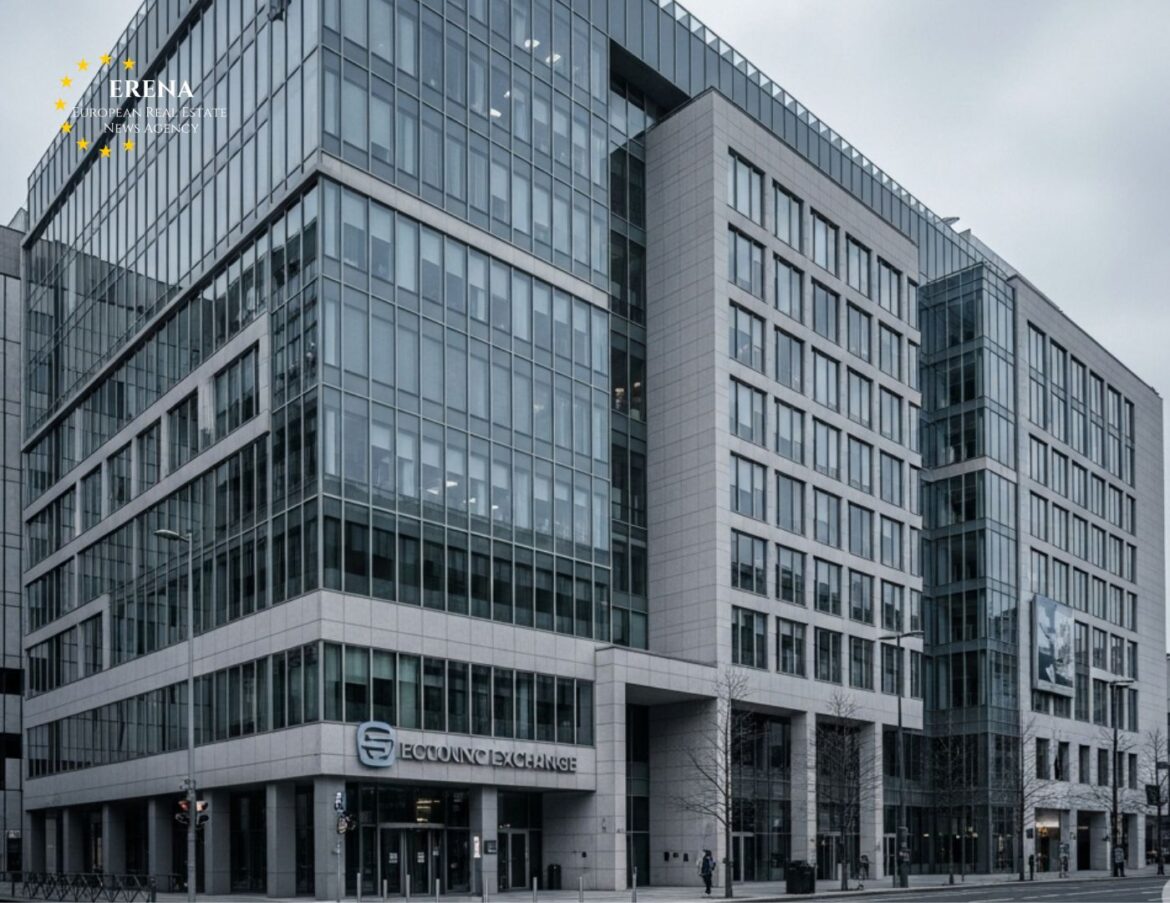In 2025, Europe’s IPO (Initial Public Offering) market remains stuck in a rut. Despite early optimism for a rebound after the pandemic and energy shocks, most companies that planned to go public have either delayed or canceled their offerings. While global markets show signs of resilience, Europe’s IPO pipeline continues to underperform. What’s behind this stagnation, and why does the continent’s public equity market struggle to gain traction?
Sluggish Recovery After High Hopes
At the start of 2024, analysts predicted a recovery in IPO activity across European financial hubs. Yet, the reality has fallen short. According to market data, IPO proceeds in Europe dropped by 40% in the first half of 2025 compared to the same period in 2021. Even then, 2021 had failed to reach the pre-pandemic highs.
Markets like London, Frankfurt, Paris, and Milan are experiencing historically low IPO volumes. More than half of the firms that filed IPO intentions over the last 18 months have quietly postponed or withdrawn, citing market volatility and valuation mismatches.
Geopolitical Uncertainty Looms Large
A major contributor to Europe’s IPO stagnation is ongoing geopolitical instability. The war in Ukraine, rising tensions in the Middle East, and fraught trade relations with China have created a climate of risk aversion. In times of global uncertainty, investors shift away from equity markets — especially IPOs — in favor of safer, more predictable assets like bonds, commodities, and real estate.
High Interest Rates Curtail Appetite
The European Central Bank’s high interest rate policy continues to curb investment enthusiasm. With rates still hovering around 4%, borrowing costs remain elevated for both investors and businesses. Companies find it more expensive to finance growth, while investors demand higher returns for taking on equity risk.
The result? IPO valuations suffer, and companies are hesitant to accept deep discounts on their shares. Investors, in turn, prefer the safety of fixed-income assets, further draining demand for public equity.
Poor Post-IPO Performance Creates Fear
Several recent European IPOs have underperformed dramatically, making investors wary of new listings. Companies like Deliveroo, Auto1 Group, and Cazoo saw steep drops in share prices shortly after going public, damaging confidence in the IPO process itself.
These high-profile flops have had a chilling effect, particularly among institutional investors who now see IPOs as risky and prone to inflated valuations.
Valuation Gaps and Reluctant Founders
Startups and scale-ups across Europe increasingly view public markets as undervaluing their businesses. Many founders and early investors are unwilling to accept markdowns to meet public market expectations. As a result, companies are opting to wait for better pricing conditions before considering an IPO.
For instance, several tech and biotech firms in Stockholm and Paris have stated openly that the public markets are not “pricing innovation” fairly in the current environment.
Private Capital as a Preferred Option
Meanwhile, private capital is filling the void. Venture capital, private equity, and sovereign wealth funds offer flexible financing structures without the regulatory burdens and public scrutiny of a listing. Companies can now raise hundreds of millions — even billions — in private markets at valuations more aligned with their internal models.
In 2025, private market fundraising accounted for over 85% of total capital raised by European scale-ups, a sign of how dramatically IPOs have fallen out of favor.
Where IPOs Are Still Happening
Despite the broader freeze, certain regions and sectors continue to see IPO activity, albeit at a reduced scale:
- Amsterdam and Oslo remain relatively active in cleantech and energy transition sectors.
- Paris hosted a few successful biotech IPOs in early 2025.
- Berlin and Dublin show signs of life among fintech and digital platforms aiming for 2026.
However, these IPOs are typically small — under €150 million — and lack the institutional investor enthusiasm that characterized past market peaks.
Exchange Reforms and Regulatory Push
Stock exchanges like Euronext and Deutsche Börse have launched initiatives to streamline the listing process, including simplified disclosures, SME-focused platforms, and reduced compliance burdens.
But while these steps help at the margins, they cannot fix market sentiment. Without confidence in macroeconomic stability and asset performance, no amount of red tape reduction will revive IPO volumes.
What Could Trigger a Turnaround?
Experts agree that a real IPO recovery in Europe will require a confluence of factors:
- Interest rate cuts by the ECB to stimulate capital flows.
- Successful IPOs that deliver post-listing gains and restore investor trust.
- Geopolitical de-escalation to reduce global investment risk.
- A renewed retail investor wave, similar to what fueled listings during the pandemic era.
- Strong IPO momentum in the U.S. and Asia, creating peer pressure and investor FOMO (fear of missing out).
Until these catalysts appear, the IPO market will likely remain subdued.
Conclusion: A Market in Wait
Europe’s IPO landscape in 2025 reflects the cautious and risk-averse investment mindset dominating global finance. The structural challenges — from high rates to geopolitical stress — are not easily resolved. For now, most companies with IPO ambitions have chosen to wait, preserve valuation, and rely on private capital.
But opportunities exist. When the market turns — as it eventually will — those that have prepared carefully, built governance structures, and cultivated investor relationships will be best positioned to capitalize on the IPO window when it reopens.

